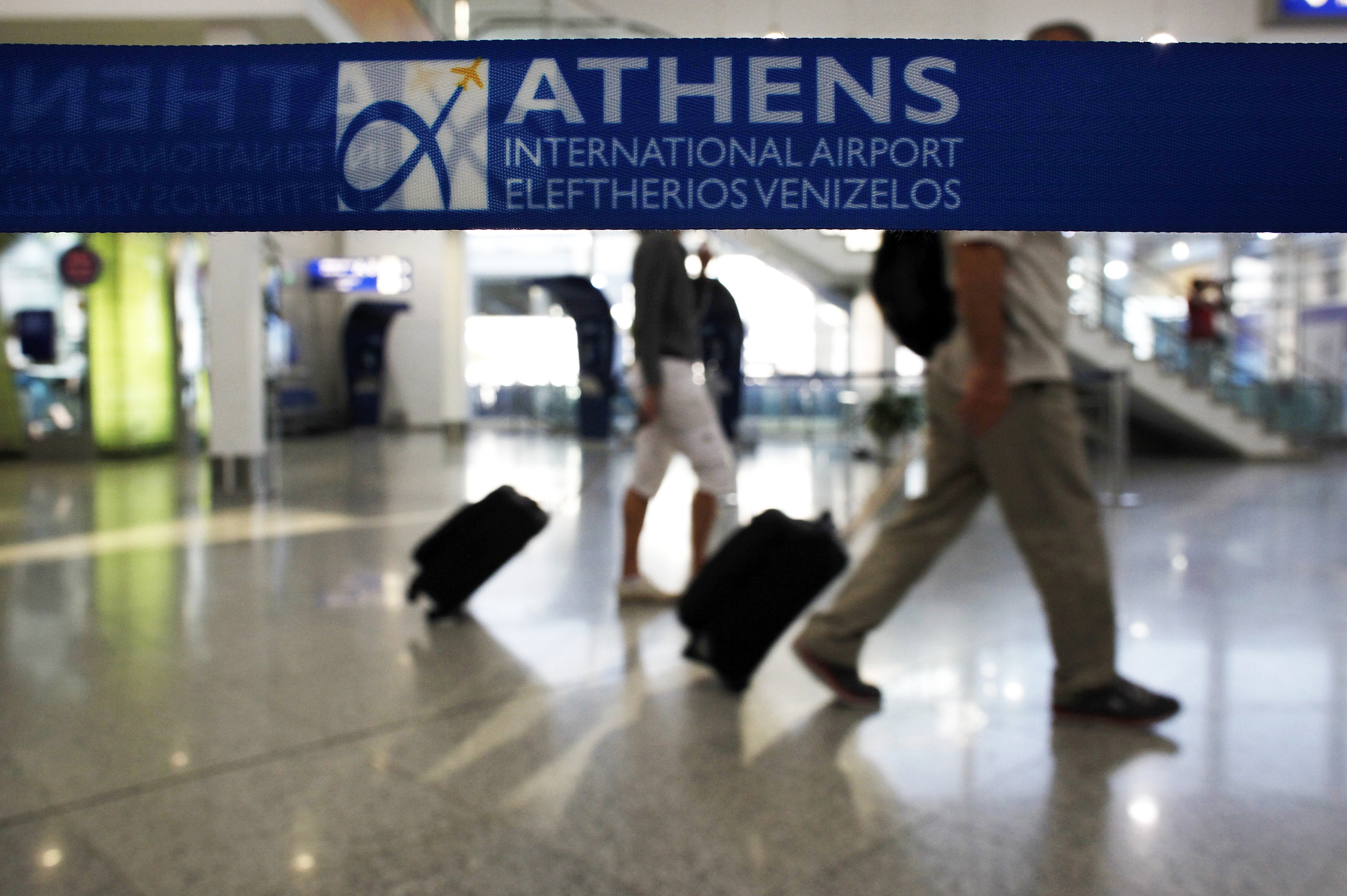A nationwide strike in Greece brought ferries to a standstill, grounded flights, and halted train services on Wednesday as the country's largest trade unions demanded higher wages to address the increasing cost of living.
After a debt crisis from 2009 to 2018, which resulted in wage and pension cuts in exchange for approximately 290 billion euros in bailouts, Greece has experienced economic growth, with a projected 2.3% increase this year, surpassing other eurozone economies.
The conservative government has raised the monthly minimum wage by 35% to 880 euros, leveraging the nation's progress. However, labour unions argue that many households are still struggling to afford food, power and housing.
"Prices have gone that high that we're buying fewer goods by 10% compared to 2019," GSEE, which represents more than 2 million private workers, said in a statement. "We're striking for the obvious. Pay rises and collective labour contracts now!"
The one-day strike halted trains across the country, while bus and metro workers in Athens held work stoppages.
Thousands gathered in Athens on Wednesday in protest. "The workers' salary only gets us through the 10th or the 15th day of the month, it cannot cover basic needs, such as housing and food, education and health," said private sector workers' representative Dina Gkogkaki, 52, who joined the protests in the central Syntagma Square on Wednesday.

Greece's minimum salary in terms of purchasing power was among the lowest in the European Union in January, behind Portugal and Lithuania, data from EU's statistics office Eurostat showed. At 1,342 euros a month, the average salary still stands 10% lower than in 2010, when the financial crisis broke out, data from the Greek labour ministry shows.
The government has promised to raise the minimum wage further to 950 euros as it targets an average monthly salary of 1,500 euros, closer to the EU average. But monthly expenses for food, utilities and housing have been growing fast, public sector workers say, demanding the immediate reinstatement of annual bonuses scrapped in the past decade.
The government has rejected their demand, citing fiscal restrictions.
Finance Minister Kyriakos Pierrakakis told an economic conference in Delphi, Greece that he shared Greek workers' concerns, but that reducing taxation was still a key priority for the government. (Reporting by Angeliki Koutantou, Renee Maltezou and Lefteris Papadimas; Editing by Toby Chopra and Philippa Fletcher)

Elsewhere, Easyjet flight attendants in Italy are set to walk out for four hours on 9 April between 10.30am and 2.30pm local time across the country, with some flights to and from Milan and Naples airports expected to be disrupted.
The strike is being led by the Italian Federation of Transport Workers (FILT), the Italian General Confederation of Labour (CGIL) and the Italian Union of Transport (UIL), the Italian Ministry of Infrastructure and Transport said.
In a statement, EasyJet told The Independent: “EasyJet has been formally advised of a four-hour air transport workers strike including some Italian-based cabin crew unions on Wednesday 9 April 2025, which is expected to impact some flights to and from Milan and Naples airports.
“We would like to reassure customers that we are doing all possible to minimise any disruption as a result of the strike action and should any flights be impacted we will be contacting customers directly with their options to help rearrange their plans,” the airline added.
The monk who lives in the cliffs of a Greek tourist island
Liverpool Street station to be transformed as part of multimillion-pound development
Chester Zoo’s largest-of-its-kind African savannah opens to visitors
Major Universal theme park to open in Bedford in £50bn economy boost
Dublin flight halted after pilot found to be ‘considerably above’ alcohol limits
Urgent warning to renew your UK passport as price rise kicks in tomorrow







